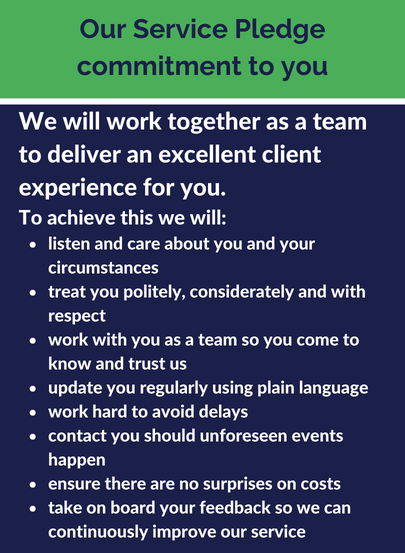Crombie Wilkinson have a team of highly trained collaborative law solicitors based in York, Selby, Malton and Pickering who can help you get through this challenging time. Collaborative law helps ease the pain of family breakdown by having the parties and their solicitors sit down together to discuss the best solution face-to-face. This alternative can be hugely successful and help you remain in control.
Our collaborative lawyers in York, Selby, Malton and Pickering are committed to helping you find the best solutions by agreement, rather than through conflict. They are trained and skilled in helping people benefit from the collaborative law approach to resolving family disputes.
What is Collaborative law?
Traditionally, when couples split, parties will usually seek independent advice with their own family lawyers, and any talking will be done through these lawyers in order to reach an agreement. You work out how to share the assets - and the responsibilities, for the children as an example - as you each go your separate ways.
In many cases, with the help of Resolution solicitors, couples reach agreement in this way. Where they don't, it is left to the family courts to decide, and that leads to uncertainty and often more heartache.
The alternative to this is collaborative law. Collaborative lawyers focus on reaching solutions together in order to ease the burden of a divorce. You and your former partner sit down and, with the help of your own collaborative law solicitors, all together in the same room, you work it out, face-to-face. This means that rather than dealing through your collaborative law solicitors, you work with them to reach the best solutions for you and your family. The collaborative law approach is changing the way people think about family law. For couples who genuinely seek a fair solution and want to minimise the pain of family breakdown, it may offer the very best way ahead.
What makes Collaborative Law so successful?
Choosing to go through a collaborative divorce means you are in control, without having the threat of court proceedings hanging over you. You set the agenda, so you talk about the things that matter most to you and your family. You set the pace because you are not governed by court dates and appearances. You maintain contact with your former partner. That way you have the best chance of understanding each other and finding the right solutions.
One of the biggest pros of collaborative law is that the key decisions you make about your future are yours – they are not made by a stranger in a courtroom.
Remember, if children are involved, you will both remain parents and it will help your children to cope better with your separation if they see that you are working things out together. Most importantly the key decisions you make about your future are yours - they are not made by a stranger in a courtroom.
What is the difference between collaborative law and mediation?
In collaborative law, the negotiations will generally involve four people – the two parties and their own collaborative lawyers. In mediation, the negotiations instead involve three people – the two parties and a neutral mediator.
Is Collaborative cost effective?
Yes, collaborative divorce can be significantly cheaper than going to court and is often more desirable. Like a contested divorce, a collaborative divorce can still involve needing experts to provide consultation – accountants, appraisers, child therapists, however their fees aren’t as likely to be as high if they don’t have to appear in court.
Will I still need to go to court with collaborative divorce?
Not necessarily, as long as you and the other party in question can come to a mutual decisions during collaborative divorce sessions.
For more information and to speak to one of our collaborative lawyers, Chris Myles or Greg Cross, please call us or fill out our family law enquiry form. Chris is also a member of the York Collaborative Family Law Group.































